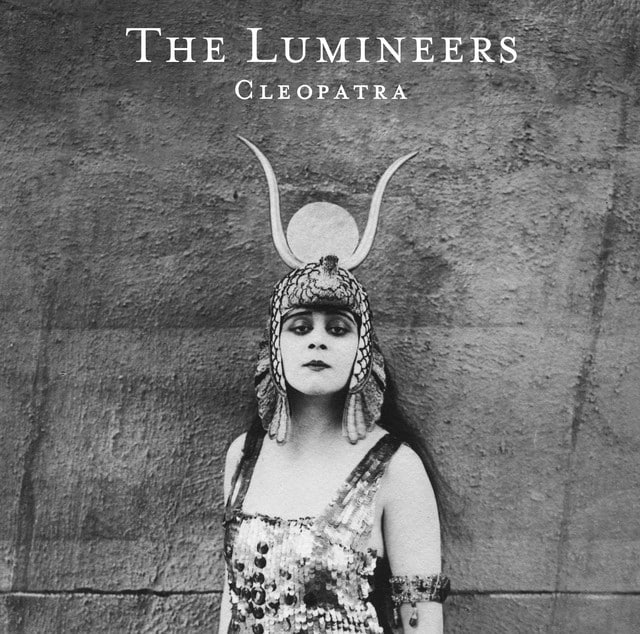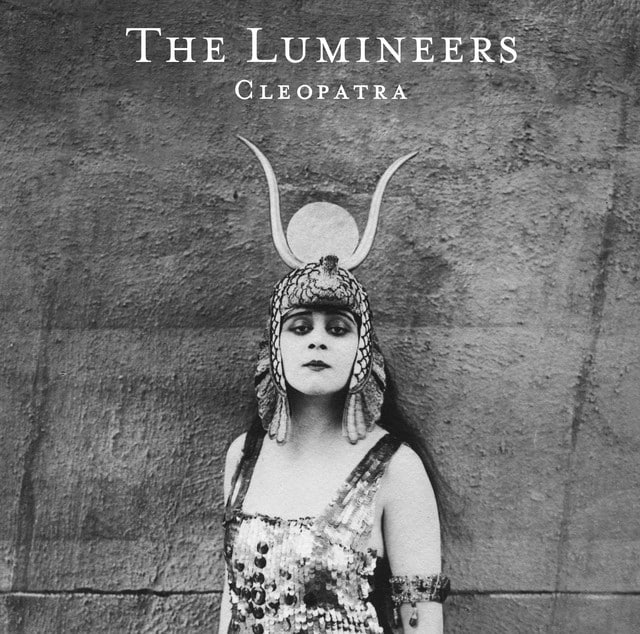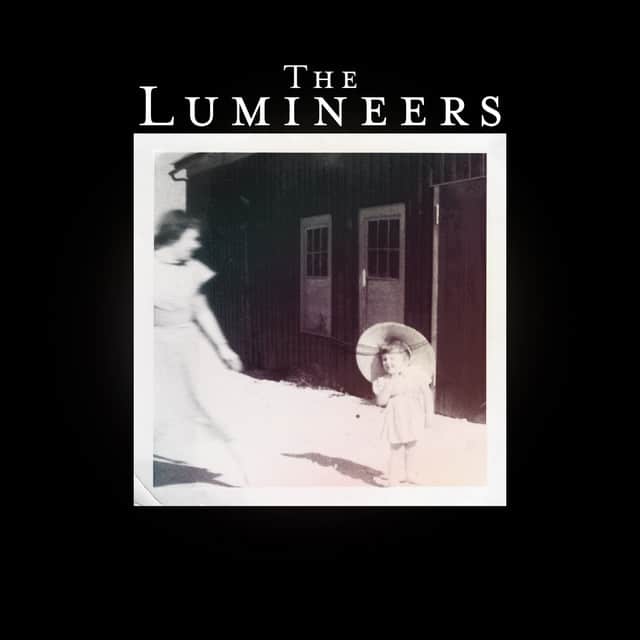Released: 2016
The Lumineers’ “Ophelia” is a haunting tune, swirling with themes of love, regret, and an undying obsession that echoes through the ages. It’s a ballad that tugs at the heartstrings, illustrating the complexity and the simplicity of feeling lost in the current of love. The narrative draws parallels with the Shakespearean character, Ophelia, hinting at a love that’s as deep as it is doomed.
In the opening lines, the speaker reminisces with a tinge of regret, “Ah, ah, when I was younger / I, I should’ve known better.” It’s a classic start to many a rock ballad—looking back with wisdom gained from pain, acknowledging past mistakes but also stressing a lack of remorse, a theme repeated in the song. This contrast implies a complex relationship with love, where wisdom doesn’t equal emotional detachment. “And I can’t feel no remorse / And you don’t feel nothing back,” the speaker notes, painting a picture of unrequited feelings, where one’s emotional investment isn’t matched by their object of affection.
The mention of “a new girlfriend” who “Feels like he’s on top” takes a dig at superficial relationships that seem perfect on the surface but lack depth. This contrasts with the speaker’s deep, enduring feelings for Ophelia, highlighting the difference between genuine emotional connection and fleeting attractions. “Oh, Ophelia, you’ve been on my mind, girl, since the flood” suggests a love that’s been long-standing and overwhelming, using the biblical flood as a metaphor for emotions that sweep everything away, leaving only that which is truly important: Ophelia.
“I, I got a little paycheck / You got big plans and you gotta move” perhaps speaks to life’s practicalities pulling people apart, despite their feelings. The world moves on, with or without our consent, driven by needs and ambitions that can overshadow personal relationships. The phrase “Honey, I love you / That’s all she wrote” signifies a resignation to their fate, acknowledging that sometimes, love isn’t enough to bridge the gaps life throws in our path.
The chorus, repeated with emotional weight, “Oh, Ophelia, you’ve been on my mind, girl, like a drug / Oh, Ophelia, Heaven help the fool who falls in love,” captures the essence of the song. Love is likened to a drug, an addiction that the speaker can’t shake, highlighting its intoxicating, consuming nature. “Heaven help the fool who falls in love” serves as both a lament and a warning—falling in love can make a fool of anyone, leaving them helpless in the face of their own emotions.
In sum, “Ophelia” by The Lumineers delves deep into the heartache of love that once was and might have been. It’s a melodic reflection on the scars love leaves, the obsession it becomes, and the indelible mark it imprints on the soul. As much as it is a personal story, it’s also universal—echoing the timeless longing and lament over lost love that has inspired poets and musicians from Shakespeare’s time to our modern day.








